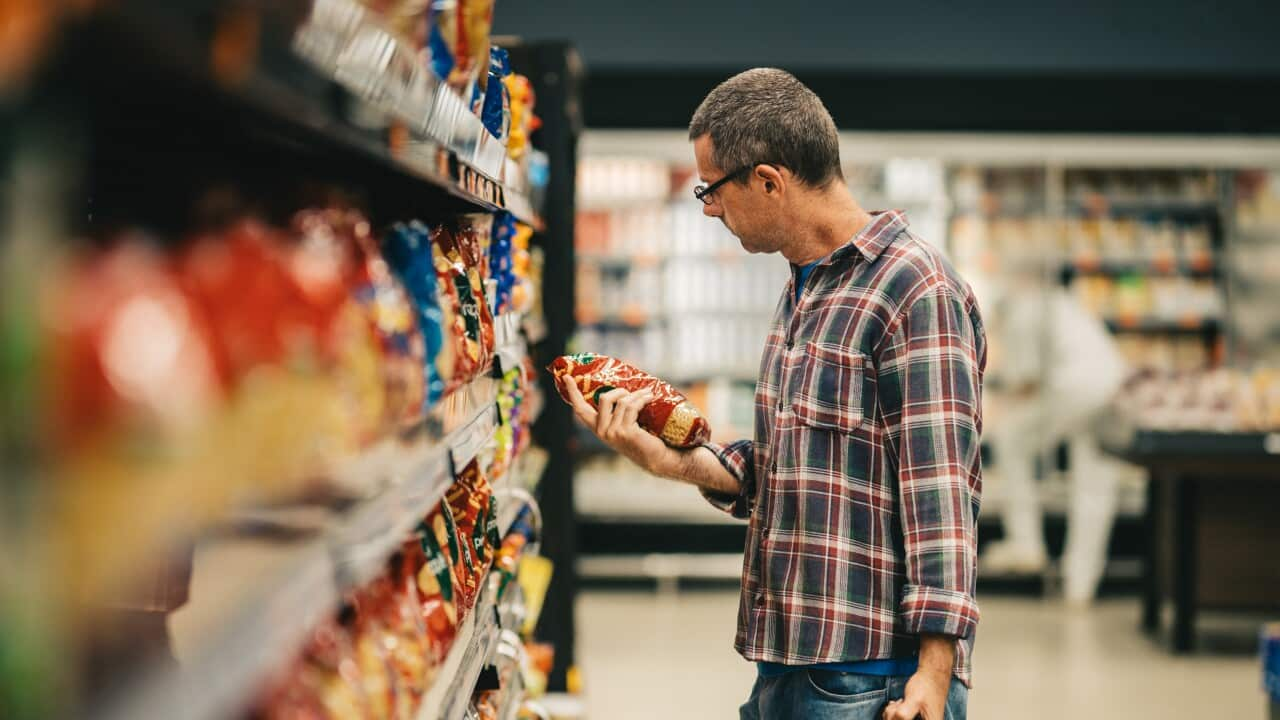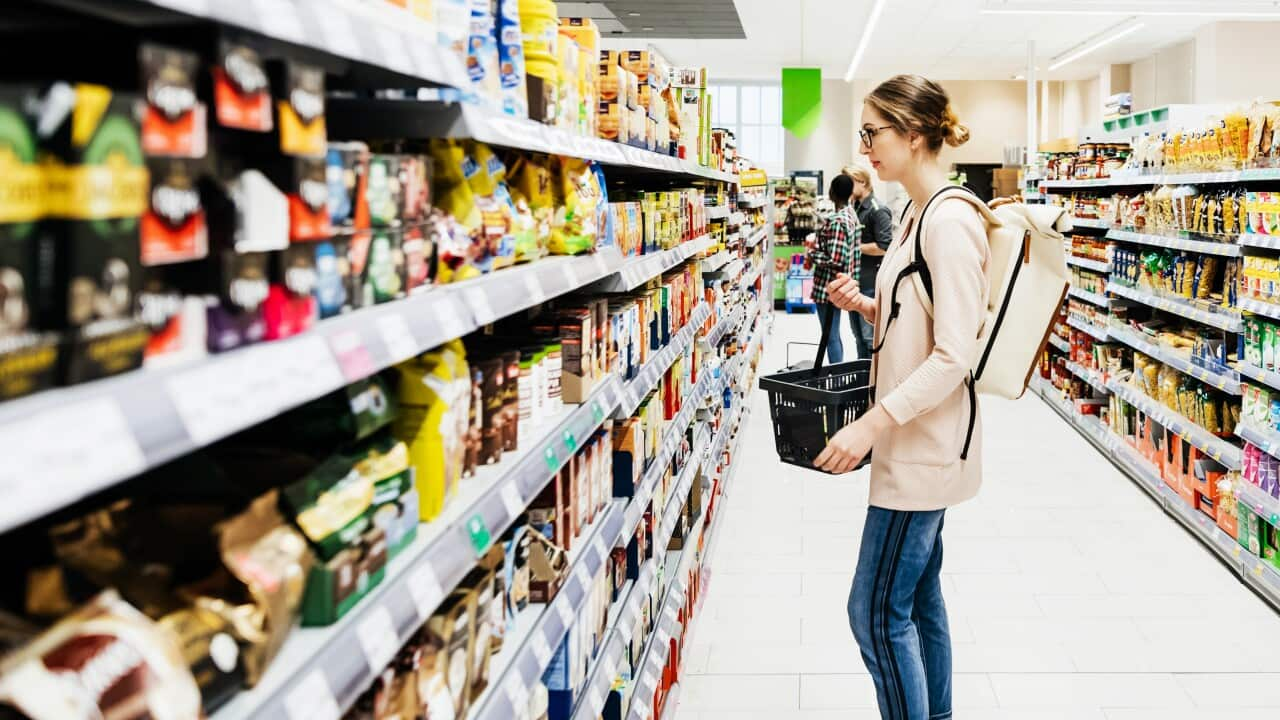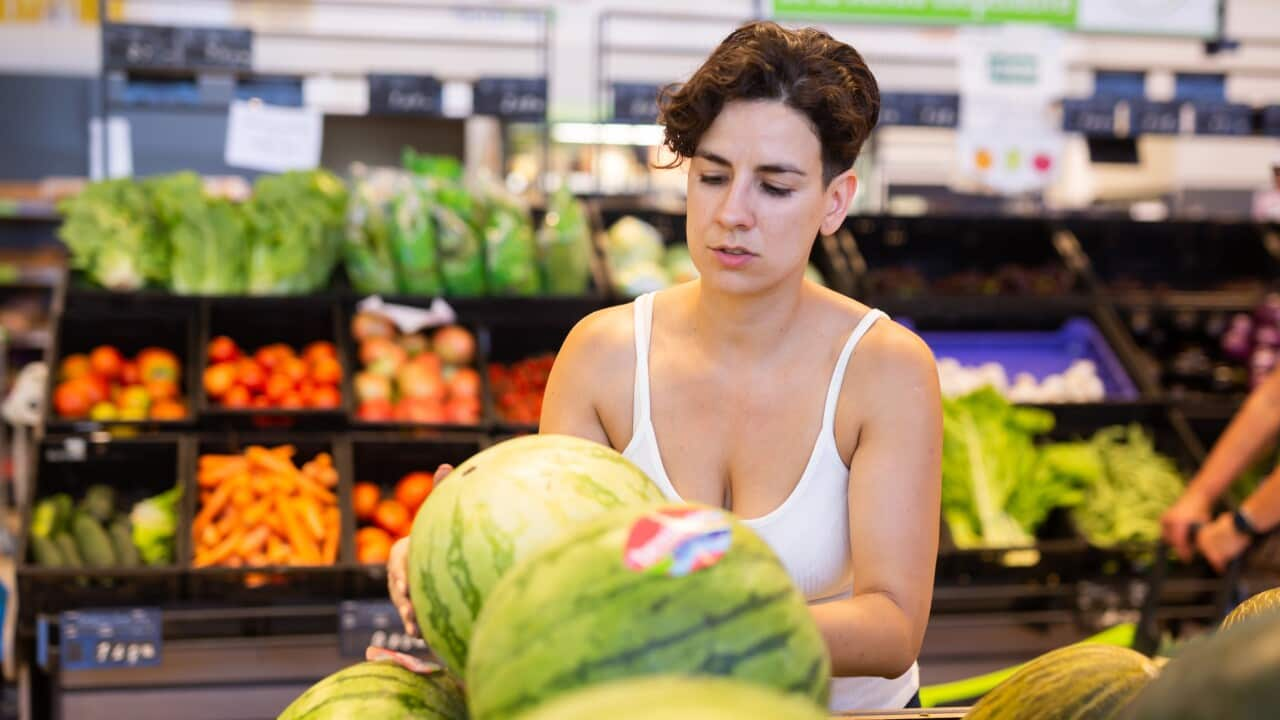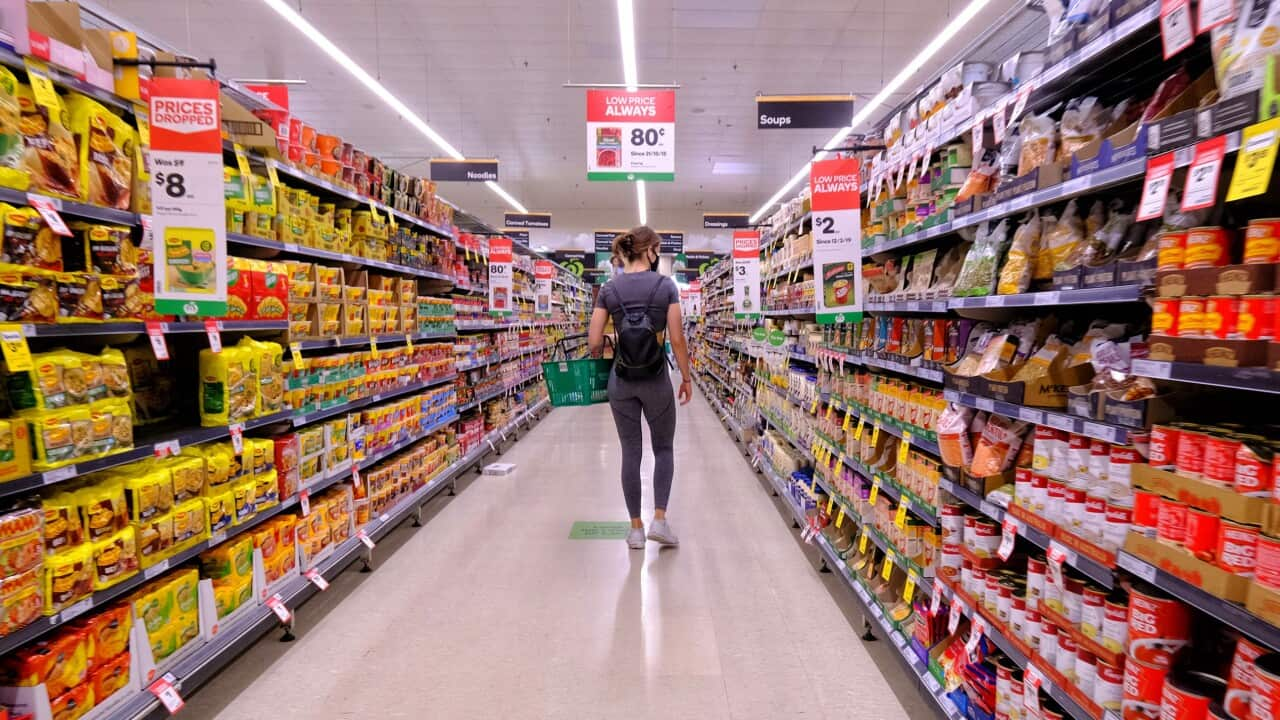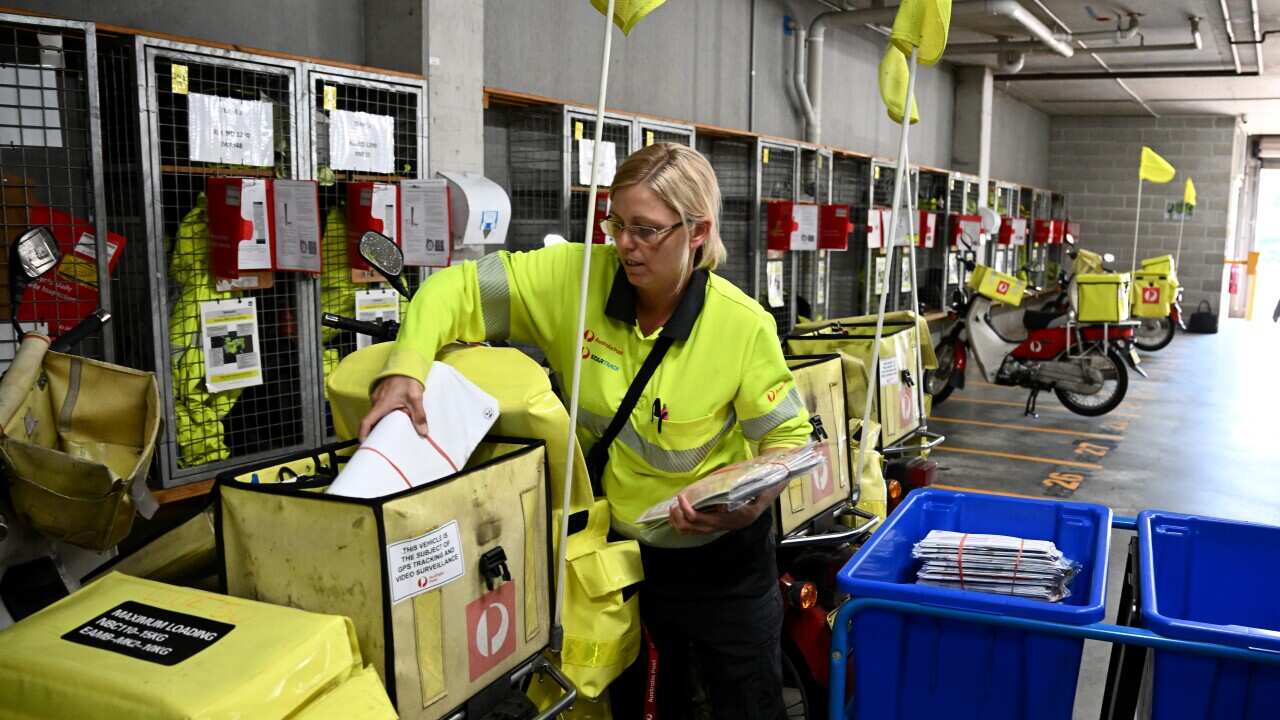Key Points
- Consumer group CHOICE has released analysis highlighting which grocery items have been hit by "shrinkflation".
- Shrinkflation refers to when a product becomes smaller, but its price remains the same or increases.
- Supermarket giants Coles and Woolworths said the size changes were requested by manufacturers and suppliers.
If you have recently bought Easter treats, chips, breakfast cereals or popular cleaning products, you're likely getting less value for your money.
These are some of the latest items to be hit by "shrinkflation", according to consumer group CHOICE.
Shrinkflation refers to a product decreasing in size, but the price remaining the same or increasing.
Nitika Garg, professor of marketing at the UNSW Business School, said shrinkflation is a subtle form of inflation and is not always instantly noticed by shoppers.
"The manufacturer might reduce the quantity by 50 grams or 25 grams — most consumers will not notice that," she said.
"We are paying more for less product right now."
Which items are shrinking the most?
CHOICE has analysed data and reports from shoppers to calculate which items are being hit by shrinkflation in 2024.
According to CHOICE, Jif's Power and Shine Bathroom cleaner has increased in price by over 122 per cent for each 100ml.
The popular product was $2.50 for 700ml in May 2022 but is now $4 for 500ml.
Snack foods, such as chips and biscuits, were also high on the list.
Woolworths' original salted corn chips are $2.30 per packet, but the size has dropped from 200g in October 2023 to 175g in March 2024, CHOICE found.
Red Rock Deli's dips have undergone similar cuts, with tubs dropping in size from 150g to 135g since December 2021.
McVities' Go Ahead forest fruit biscuits have reduced in size from 218g to 174g between June 2022 and March 2024 according to CHOICE, with the price remaining at $4.40.
The brand's digestive biscuit packets, which are also $4.40, have gone from 400g to 355g.
With Easter fast approaching, seasonal treats have also started appearing in supermarkets, and are not immune to shrinkflation.
Community Co's hot cross bun packs have dropped in size from 480g to 450g, and have gone up in price from $4 to $4.50 since 2023.
CHOICE also found shoppers are getting worse value for money when buying cereal and other breakfast items.
Coles' Mighty Grain cereal has gone from 560g to 495g since October 2022, but remains the same price at $4.50.
The supermarket's corn flakes also shrunk from 475g to 440g per box in the same time period, while the price increased from $1.90 to $2.10.
Woolworths' Max Charge cereal has decreased from 560g to 495g, while the price has remained at $4.50.
Why does shrinkflation happen?
In a statement provided to SBS News, a Woolworths spokesperson said shrinkflation is often the result of rising production costs.
"In some cases, there are rising input costs for products, whether that be the cost of raw ingredients or materials, labour or other manufacturing costs," the spokesperson said.
"In those instances, we first look to minimise any increases to our customers by looking at greater efficiencies, productivity and sourcing."
The spokesperson said the examples highlighted by CHOICE were due to requests from suppliers.
"In these two cases, our suppliers requested the changes in pack sizes."
"We can confirm that there was no financial benefit to Woolworths by changing the size of these products, as the cost from the supplier to us did not decrease."
A Coles spokesperson said it is not common for the supermarket's products to change in size, and said it had not profited from the shrinkflation.
"All of the cost price relief has been retained by our supplier who has experienced increases in the cost of production and raw ingredients," the spokesperson said.
"Our supplier let us know it was changing the pack size for its cereal products both branded and private label so that it could simplify production and supply chain.
"We are working hard to keep prices affordable for Australian households."
Can anything be done about shrinkflation?
The practice of shrinkflation is not illegal, but supermarket giants have been
In February, the government formally issued a direction to the Australian Competition and Consumer Commission to investigate pricing and competition in the sector.
An interim report is expected in August.
Garg said she believes regulatory bodies should be more involved in monitoring prices.
"These are not easy problems to solve, but I think regulatory bodies need to be more involved and work hand in hand with the retailers as well as producers if you want a long term solution for this."
